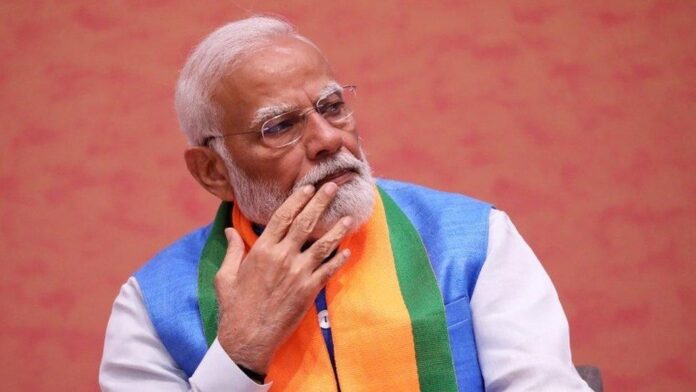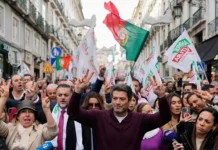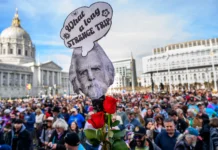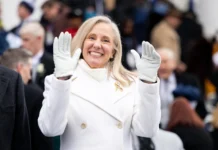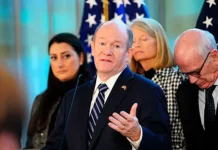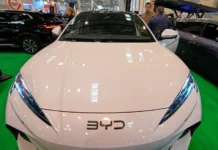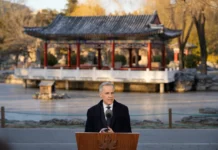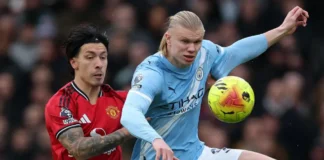Indian Prime Minister Narendra Modi is navigating one of the most turbulent periods of his 11 years in power, as diplomatic strains with the United States, accusations of election rigging, and political headwinds ahead of a key state vote threaten his once-unshakable dominance.
The pressure comes on multiple fronts. At home, the opposition Congress party has accused Modi’s Bharatiya Janata Party (BJP) and the Election Commission of manipulating the 2024 general election by adding fake names to voter rolls, allegations the BJP has dismissed as baseless.
Abroad, his much-publicised personal rapport with U.S. President Donald Trump has soured dramatically, with Washington this week slapping a 50% tariff on Indian imports, one of the highest rates levied on any country.
The tariff dispute follows a controversial ceasefire in May between India and rival Pakistan, brokered after the most intense military standoff in decades. Modi’s government denies Trump’s claim that he leveraged trade talks to secure the truce, but the U.S. president has since strengthened ties with Pakistan, which publicly thanked him for his role, a move that has unsettled Modi’s nationalist base.
With Bihar, one of India’s most politically significant states, heading into elections that analysts predict will be dominated by concerns over unemployment, Modi has begun positioning himself as a defender of India’s farmers in the trade dispute.
On Thursday, he declared, “India will never compromise on the interests of its farmers, livestock rearers and fishermen, I am fully aware that I may have to pay a very heavy price personally, but I am prepared for it.”
His party has circulated campaign material portraying him shielding a farmer from symbolic blows of tariffs, signalling that the U.S. trade clash will be a key talking point in the Bihar race. Analysts, however, caution that any nationalist backlash against Trump is unlikely to sway voters in what they describe as a “hyper-local” contest.
In an apparent bid to diversify India’s foreign relationships, Modi is expected to visit China soon for talks with President Xi Jinping and Russia’s Vladimir Putin, while also discussing the tariff issue with Brazilian President Luiz Inacio Lula da Silva. Both India and Brazil, founding members of the BRICS bloc, have been hit hardest by the U.S. duties.
Modi remains the world’s most popular head of government, with Morning Consult placing his approval rating above 75%. Yet, his upcoming 75th birthday has prompted speculation about his political longevity, as other senior BJP figures have been sidelined after crossing the age threshold, a policy the party denies is formal.
Political analysts say that while Modi’s leadership remains formidable, the convergence of foreign policy setbacks, domestic unrest, and economic concerns represents his stiffest test in years. “Mr. Modi’s brand value is now diminishing very fast, he needs to reinvent himself,” said Rasheed Kidwai of the Observer Research Foundation. “The sheen will come off particularly if he loses the Bihar election. Because in India, elections determine everything.”
Written By Rodney Mbua









